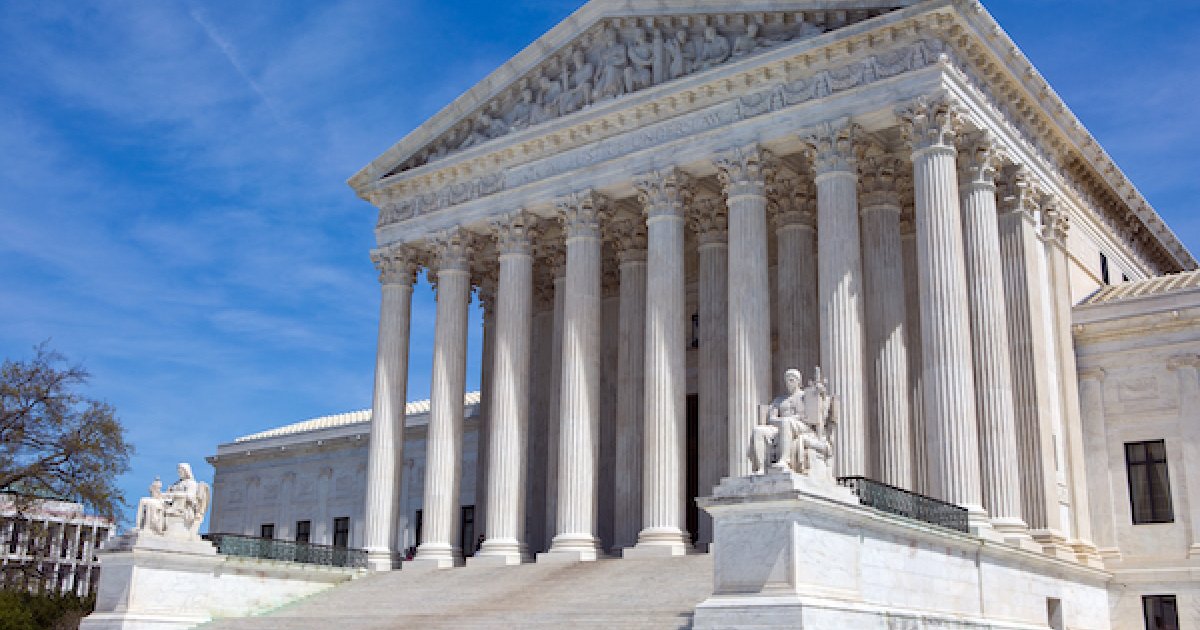- Joined
- May 6, 2016
- Messages
- 1,908
- Reaction score
- 489
- Location
- Colorado
- Gender
- Male
- Political Leaning
- Independent
You might have heard these two words before. They center around whether society places emphasis on the individual or society as a whole.
Individualism is often associated with freedom. After all, authoritarian states tend to justify the curbing of freedoms by saying that it's for the greater good of society. The underlying idea behind individualism is that everyone should be themselves. Capitalism is based on this principle as the economy is in private hands. Pro capitalism advocates point out that the free market allows people's needs to be met. As Adam Smith put it:
The problem becomes when people act in their self interests at the expense of society. One example would be externalities.
Adam Smith also had this to say
This is not to say that individualism itself is problematic but rather that hyperindividualism, the lack of the recognition of a collective good, leads to problems. This is a big problem with the American conservative midset. They only see things through an individualist lens and are less likely to see things through a systemic lens. Margaret Thatcher once said that there is no such thing as society. Ayn Rand took it much further and stated that not only does the collective good not exist but also that it is immoral to be selfless.
Of course, there are issues with taking collectivism too far such as leaving no room for individual freedom. in order to have a good society, we need a balance.
Individualism is often associated with freedom. After all, authoritarian states tend to justify the curbing of freedoms by saying that it's for the greater good of society. The underlying idea behind individualism is that everyone should be themselves. Capitalism is based on this principle as the economy is in private hands. Pro capitalism advocates point out that the free market allows people's needs to be met. As Adam Smith put it:
It is not from the benevolence of the butcher, the brewer, or the baker that we expect our dinner, but from their regard to their own self-interest. We address ourselves not to their humanity but to their self-love, and never talk to them of our own necessities, but of their advantages
The problem becomes when people act in their self interests at the expense of society. One example would be externalities.
Adam Smith also had this to say
If there's one thing he opposed more than any other, it was rent seeking which is when people increase their wealth without creating it (in other words, they took it from someone else). Examples include lobbying for laws that favor you at the expense of others, engaging in anti-competitive practices which put competitors out of business, living off of government handouts when you're capable of working, and accepting bribes. Rent seeking is basically stealing from society. Smith pointed out that people will seek to increase their wealth and take the path of least resistance to do so. If that path is one that involves knowing the right people or living on handouts, they're gonna be less likely to produce wealth.All for ourselves, and nothing for other people, seems, in every age of the world, to have been the vile maxim of the masters of mankind.
This is not to say that individualism itself is problematic but rather that hyperindividualism, the lack of the recognition of a collective good, leads to problems. This is a big problem with the American conservative midset. They only see things through an individualist lens and are less likely to see things through a systemic lens. Margaret Thatcher once said that there is no such thing as society. Ayn Rand took it much further and stated that not only does the collective good not exist but also that it is immoral to be selfless.
Of course, there are issues with taking collectivism too far such as leaving no room for individual freedom. in order to have a good society, we need a balance.

